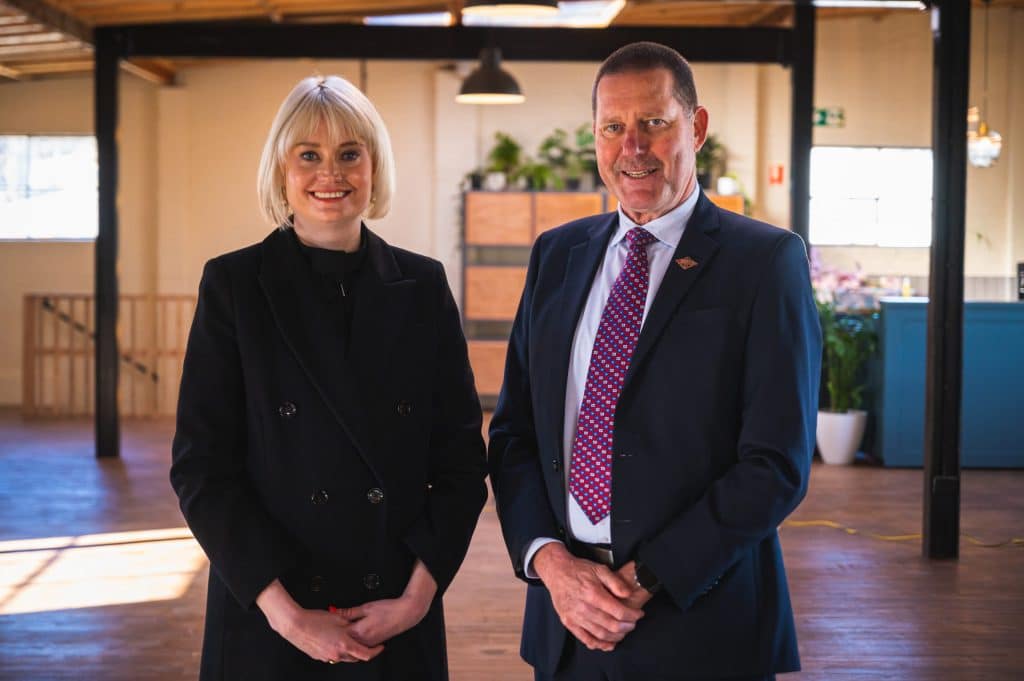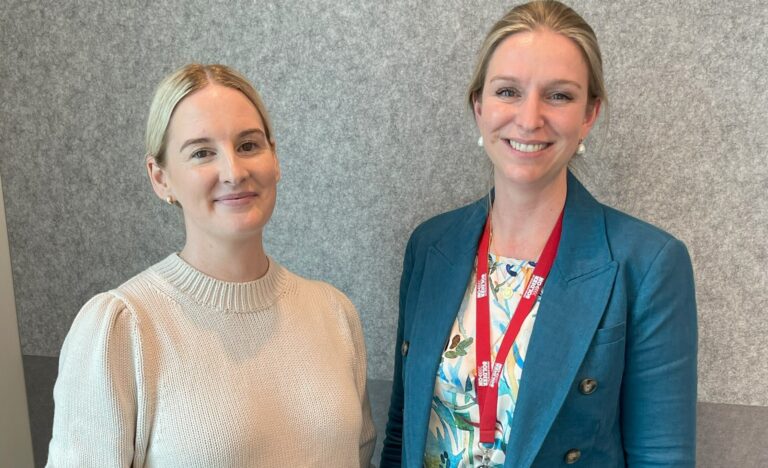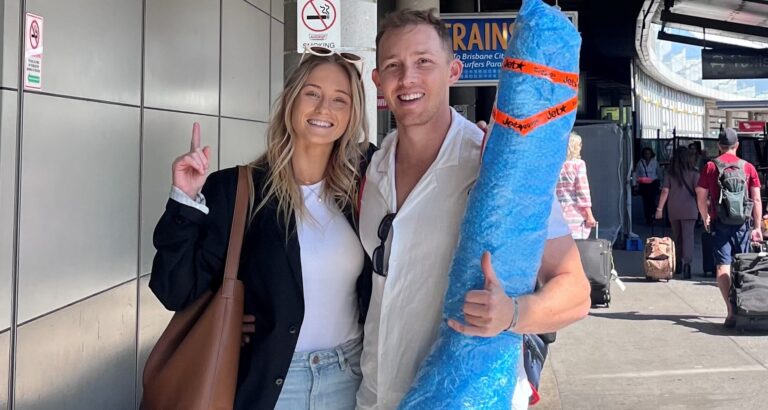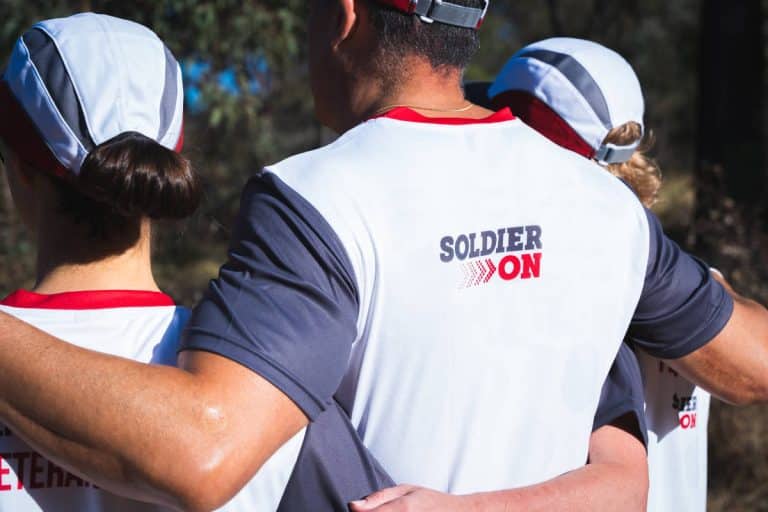Soldier On sat down with the Department of Veterans’ Affairs’ Repatriation Commissioner, Don Spinks AM, to discuss his role and views on the veteran community.
As Repatriation Commissioner, what engagement do you have with ex-service organisations (ESOs)?
I regularly meet with ESOs, such as Soldier On, to further engage and identify the key issues within the veteran community. These organisations may be hearing things that I have not, and I am able to share my insights, thoughts and concerns with them.
Organisations such as Soldier On and other major entities are key to the framework for the veteran support system outside of government so that sharing of information is really important in supporting the community.
When supporting our veteran community, how important is collaboration?
Collaboration? I always prefer to speak of partnering.
Collaboration implies that we collaborate on an event, activity, or mission, then we go back to our own corner and get on with our own lives.
Partnering is an enduring thing – it is a relationship that is established, and I think the more that communities and the major entities partner, the better off the veteran community will be.
Furthermore, partnerships will encourage organisations to speak with one united voice, which is far more powerful and is able to yield a greater impact.
What change would you like to see in the veteran community?
More partnering, more collaborative effort. Knowing and understanding what everyone else does within the space and providing services where the gaps are, and filling the needs of those that can’t find support.
For me, one size doesn’t fit all. It’s not a cookie-cutter approach across the country because there are parts of the country that already have certain services but not others – rural and remote areas in particular.
I think government is more aware now as to what support is needed and where – evidence of that being the veteran and family hub concept.
Another huge challenge is understanding who provides what services.
Suring up information networks where people can interrogate a system, whether online or in-person and understand who to seek specific support from would be a good scope for improvement.
What steps could be taken to achieve this change?
Talk to each other (veteran support organisations).
Communication in relationships, in life or work, is how the world goes around.
I’ve seen more open communication across veteran support organisations now, and I’ve seen more of those barriers being broken down.
However, at times that progress is glacial.
I’d like to see the tempo of that positive change increase, but it’s about talking to each other, exchanging ideas, exchanging information, exchanging understanding – because it’s really about the needs of the veterans.
How can everyday Aussies make a difference in the lives of our veterans and their families?
Get engaged, and get involved with your local veteran organisations. It is, however, a two-way street.
Veterans, their families and ESOs should engage with the broader community and become a part of that community because it is much safer to feel a part of that space than to stay insular.
What would you say to those individuals that are supporting veterans and their family members?
Thank you, thank you for what you do.
Most of the time, you are the first responder to whatever crisis or needs the veteran is experiencing.
So, from me, the Repatriation Commission, the Department of Veterans’ Affairs, and from the broader community, thank you for what you do to support veterans every day.
The government can only be in so many places, ESOs can only be in so many places and provide so much support. But it’s the families, it’s the mates, who really are the bedrock for the support to veterans and that goes under-acknowledged and under-recognised.
To get involved or find out more about Soldier On’s programs, reach out to getsupport@soldieron.org.au or register as a participant.



